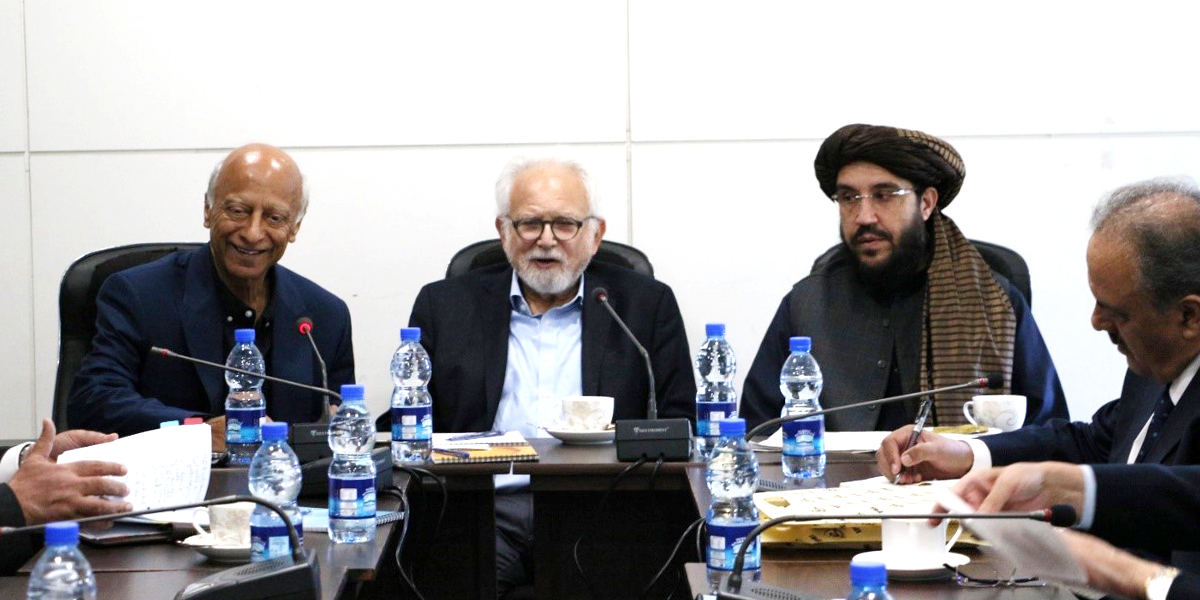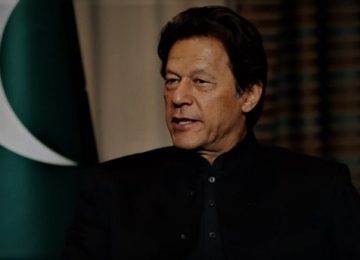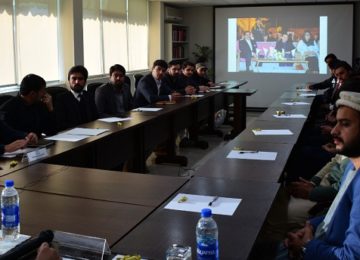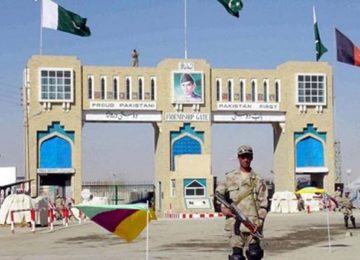October 31, 2024
Organized by: The Center for Research and Security Studies (CRSS)
Introduction
The roundtable brought together senior policymakers, opinion leaders, researchers, analysts, and diplomats to discuss the evolving relationship between China, Afghanistan, and Pakistan. Led by Dr. Barnett Rubin, senior research fellow at the Stimson Center, the conversation focused on the strategic opportunities and persistent challenges within this trilateral relationship. The FGD aimed to analyze the trilateral dynamics of China, Pakistan, and Afghanistan in the context of regional stability, economic development, and counter-terrorism cooperation. Participants examined key issues, including China’s shifting role in regional peace-building, security concerns linked to the Belt and Road Initiative, and the complex dynamics surrounding Afghanistan-Pakistan relations that require further understanding and engagement for lasting regional stability.
Critical Analysis
The trilateral relationship among China, Afghanistan, and Pakistan is marked by a combination of factors: economic ambitions, security concerns, and historical tensions. There is a need to explore these challenges and opportunities within the triangular dynamic, underscoring the necessity for regional and strategic alignment, cooperation, and integration.
China’s role in particular, transitioning from a stance of non-intervention to one of active engagement, arises out of its pursuit of regional stability in alignment with its economic expansion through the Belt and Road Initiative (BRI). Meanwhile, Afghanistan and Pakistan navigate a historically fraught relationship where unresolved border issues, insurgent threats, and differing visions for governance create recurring friction.
Afghanistan’s stability remains a linchpin for regional peace, with both Pakistan and China affected by the ongoing threat of terrorism from within its borders. Yet, the prospects for comprehensive cooperation are hindered by mutual distrust, diverging national identities, regional priorities, and complex internal dynamics.
In discussing trilateral scenarios, it is essential to consider the influence of other regional actors like Iran and Russia on the current situation. Iran’s shared security concerns with Afghanistan—particularly regarding cross-border terrorism and narcotics trafficking—make it a vital player in the region. Its economic connections with Afghanistan and Pakistan offer pathways for cooperation, although U.S. sanctions limit its full involvement in initiatives like the Belt and Road Initiative (BRI). Russia’s renewed focus on Central Asia aims to mitigate extremism and instability near its borders, and its selective partnership with China, alongside its interests in Afghanistan, highlights the importance of a balanced trilateral approach that also considers Russia’s regional role.
The exit of US and NATO has left a power vacuum that regional players have yet to fill. The shift in U.S. involvement presents an opportunity for China and regional actors to take the lead, but it also leaves unanswered questions about long-term stability, especially as economic interdependencies and security concerns continue to heighten.
China’s Evolving Role in the Region
Dr. Barnett Rubin highlighted China’s shift from a passive observer to an active participant in regional conflicts. Initially adhering to a policy of non-interference, China’s approach has evolved to emphasize mediation and peacebuilding while also securing its economic and security interests. Rubin pointed to China’s interventions in other global conflicts, including its role in facilitating dialogue between Saudi Arabia and Iran, as indicative of its broader strategic goals. He noted that China has initiated trilateral dialogues involving Pakistan, Afghanistan, and China, and a quadrilateral group including Tajikistan, aimed at addressing regional security concerns and maintaining stability in the Wakhan Corridor.
He stressed that China’s investments in Afghanistan and Pakistan are inextricably linked to its Belt and Road Initiative (BRI), especially the China-Pakistan Economic Corridor (CPEC). Through these initiatives, China seeks to establish a corridor linking Central Asia to the Indian Ocean, facilitating trade and access to vital resources. However, the evolving security landscape in the region poses significant challenges to the success of these initiatives.
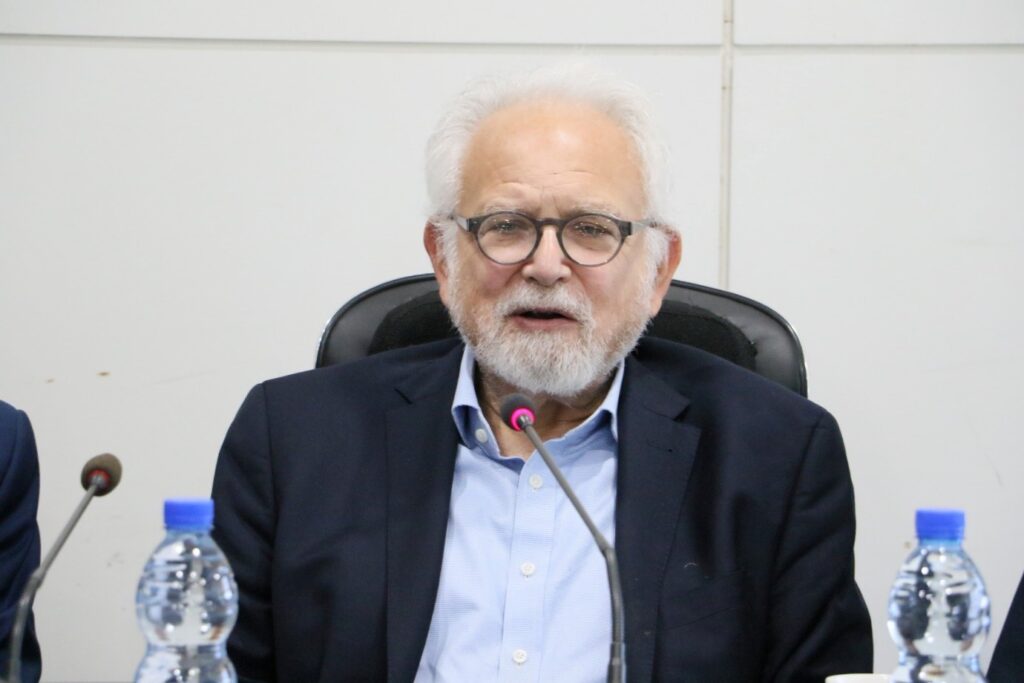
He further pointed out that China’s involvement in Afghanistan is driven by its strategic interest in ensuring regional stability, especially due to the threat from the East Turkestan Islamic Movement (ETIM). While it proceeds cautiously with Afghanistan because of security concerns, China has actively engaged with Afghanistan’s de facto rulers to strengthen economic ties.
On the Pakistan-China relationship, Rubin acknowledged growing security concerns over threats to Chinese personnel, particularly from the Baloch insurgency and the TTP. He also noted the rise of the Pashtun Tahafuz Movement (PTM) as a nationalist voice presenting an alternative narrative. Despite these developments, the persistence of instability leaves China and other stakeholders increasingly wary regarding the future of the region.
Pakistan’s Strategic Position
Ambassador Asif Durrani, Pakistan’s former special envoy to Afghanistan, emphasized the critical importance of Pakistan’s partnership with China for both economic development and regional stability. Despite Western concerns about China’s growing influence, Durrani reiterated that Pakistan’s alliance with China remains steadfast. He highlighted that CPEC’s infrastructure projects, including roads, railways, and energy initiatives, are vital for alleviating Pakistan’s energy crisis and boosting economic growth.
Durrani also noted that the ongoing instability in Afghanistan, aggravated by insurgent groups like the TTP, directly threatens Pakistan’s security. This situation complicates Pakistan’s efforts to maintain a stable relationship with Afghanistan, as both countries share deep cultural, ethnic, and political ties that influence their diplomatic interactions.
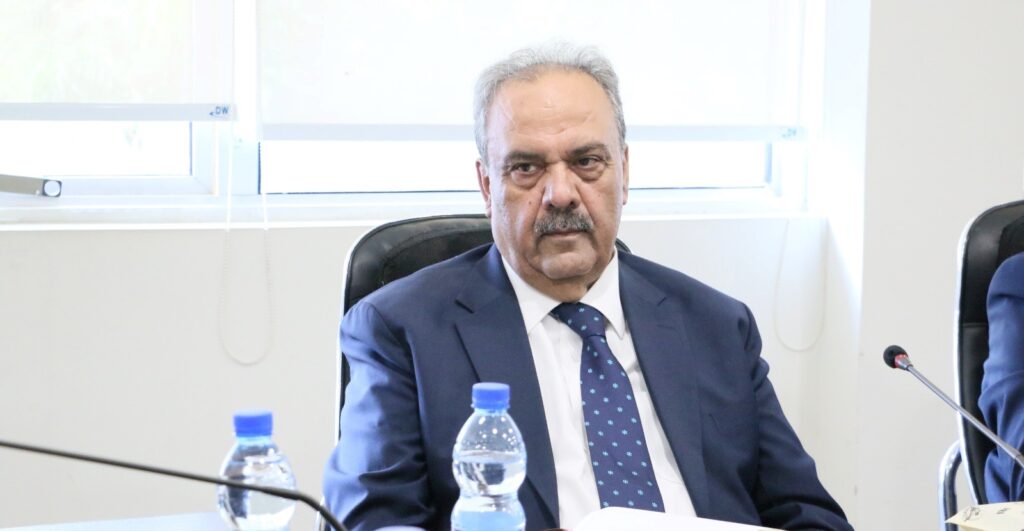
Durrani raised the unresolved issue of the Durand Line, which remains a contentious matter for many Afghans, viewed as a national grievance. He said that while the border issue is deeply political, it also has a cultural dimension, with Pashtun communities on both sides sharing strong familial and tribal ties. Additionally, the former envoy Pakistan’s historical support to Afghanistan, especially in education and humanitarian aspects, which, despite political differences, remains vital for displaced persons and refugee communities.
Afghanistan’s Quest for Stability and Recognition
Ambassador Sardar Shakib, Afghan charge d’affaires to Pakistan, highlighted the economic potential of Afghanistan as a gateway for regional connectivity, stressing the country’s role as a critical link between South and Central Asia. Shakib emphasized that economic cooperation with Pakistan and China could unlock Afghanistan’s potential through trade routes that could stimulate growth and help address the country’s humanitarian crises.
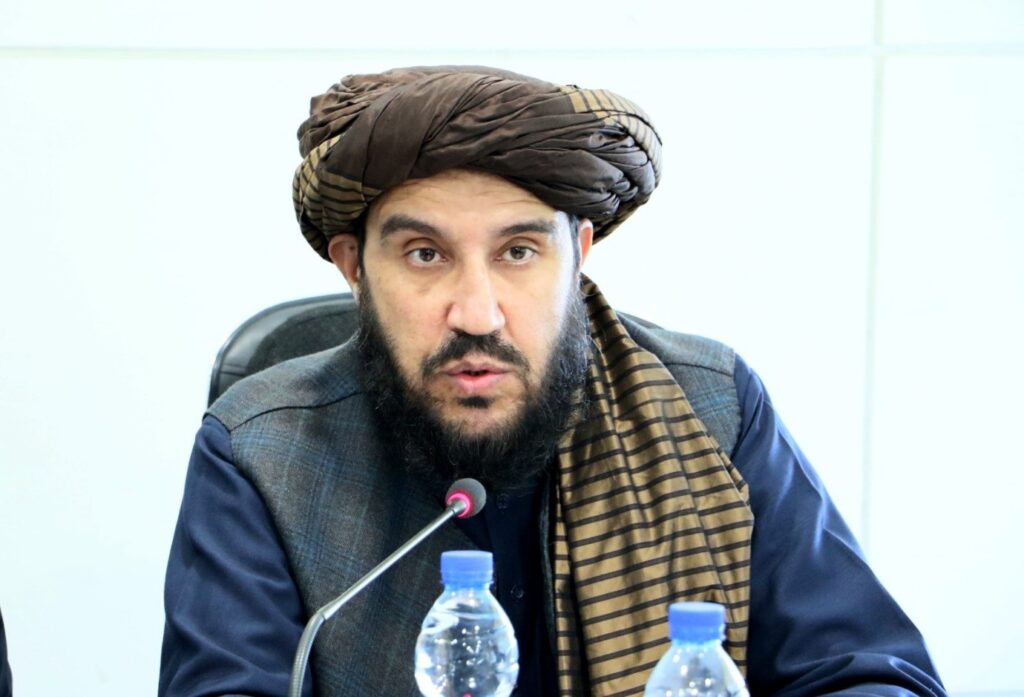
Shakib also noted Afghanistan’s need for international recognition of the current de facto government, which is seen as illegitimate by many Western powers. He urged the international community to engage with Afghanistan constructively and maintained that issues related to human rights, governance, and women’s education are the country’s internal affairs and shall be addressed per the Islamic teachings. The envoy concluded that Afghanistan needs and supports meaningful engagement with the rest of the world and is ready to play its part in sustainable development and economic prosperity of the region.
Nabila Jaffer, a Pak-Afghan affairs expert, stressed Afghanistan’s primary objectives: gaining international recognition and securing internal legitimacy. She called for the international and regional communities to engage constructively with the Afghan government on human rights, women’s education, and inclusive governance—key conditions set by the global community for recognizing the Taliban government.
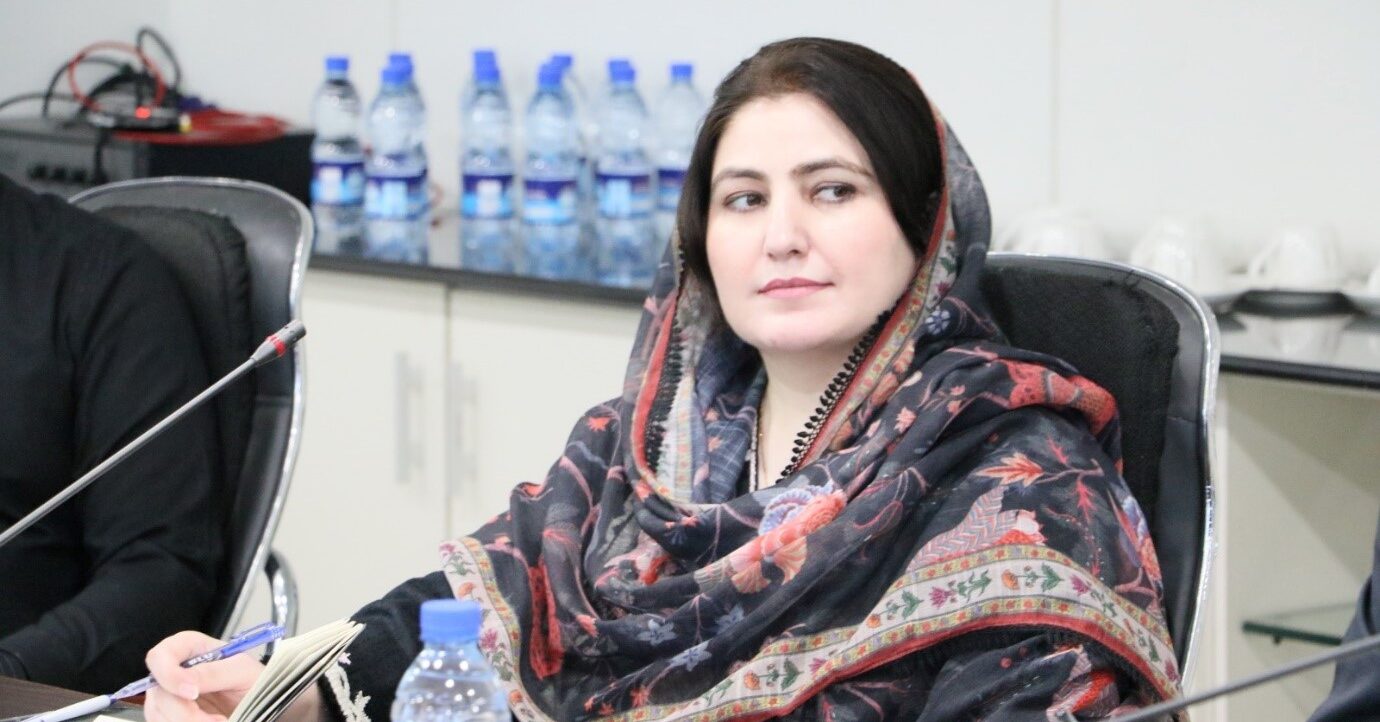
Regional Cooperation
General Raza Mohammad, President of the Islamabad Policy Research Institute (IPRI), stressed the need for a regional solution to Afghanistan’s challenges, with the involvement of neighboring countries, including China, Pakistan, Russia, and possibly Iran. He pointed out that shared concerns such as separatism, terrorism, and drug trafficking offer a solid foundation for collaboration among regional powers.
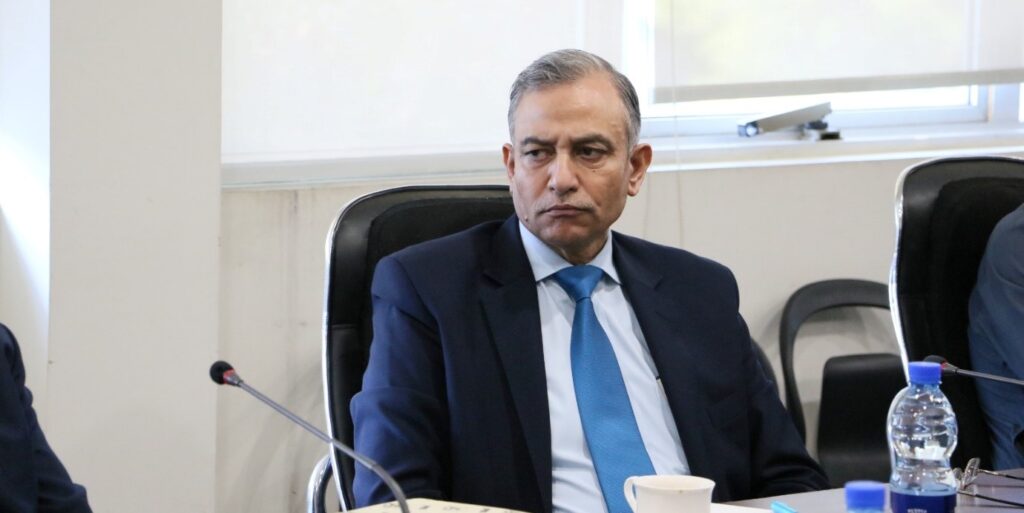
Raza acknowledged that ending armed conflict in Afghanistan was necessary but insufficient on its own. He argued that neighboring countries must collectively agree not to support armed conflict, and decisions regarding the recognition of the Taliban government should be made in unison to prevent rivalry.
Raza also warned that Afghanistan’s isolation—exacerbated by a lack of connectivity and peace—could lead to a humanitarian disaster affecting not only Afghanistan but also the entire region. He raised concerns about rising poverty levels in both Afghanistan and Pakistan, emphasizing the importance of economic cooperation. Raza suggested that regional cooperation through initiatives like the Belt and Road Initiative could play a key role in addressing these socio-economic challenges.
Enhancing Connectivity, Trade, and Investment
Imtiaz Gul acknowledged that while the three countries—China, Pakistan, and Afghanistan—have mutually learned from one another, confusion remains about the direction of their bilateral and multilateral relationships. Despite the complexities and uncertainties, Gul emphasized that the situation is not without hope. He stressed the importance of sustained efforts to improve regional connectivity, trade, and investment as key components of enhancing relations and forging deeper cooperation between these countries.
Haroon Sharif emphasized that while Afghanistan and Pakistan face significant economic challenges, there are substantial opportunities for regional integration. Sharif argued that both countries, along with China, need to focus on sustainable economic cooperation. While infrastructure projects like CPEC are important, Sharif noted that the private sector must play a central role in regional economic growth. He highlighted the need for policies that incentivize private investment in sectors such as energy, manufacturing, and trade.
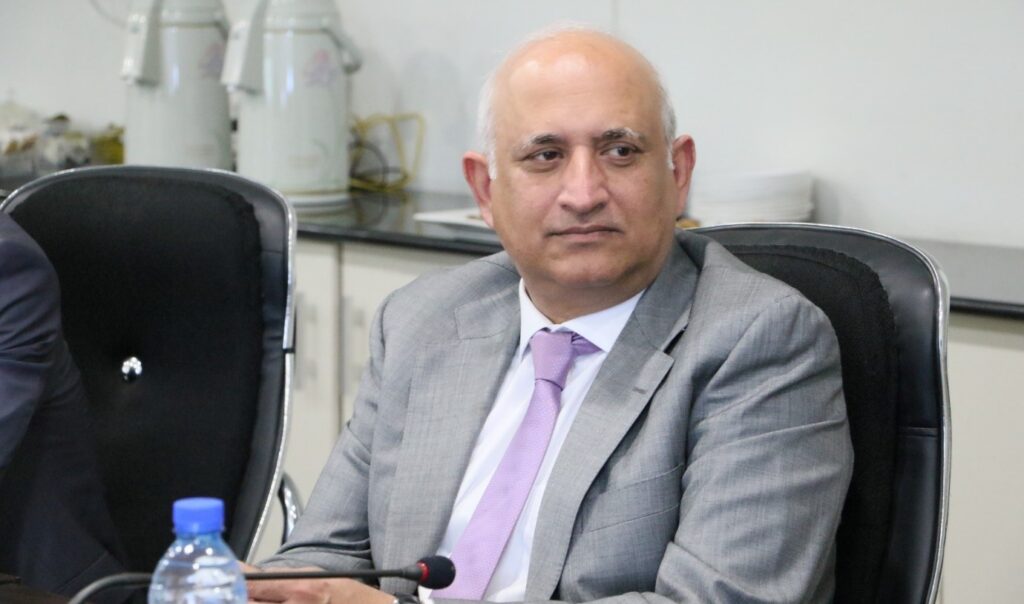
Sharif also pointed to the need for a more robust financial and banking infrastructure, suggesting that the existing systems in both Afghanistan and Pakistan are insufficient to support large-scale economic growth. Without improvements in financial systems, trade and investment will remain limited.
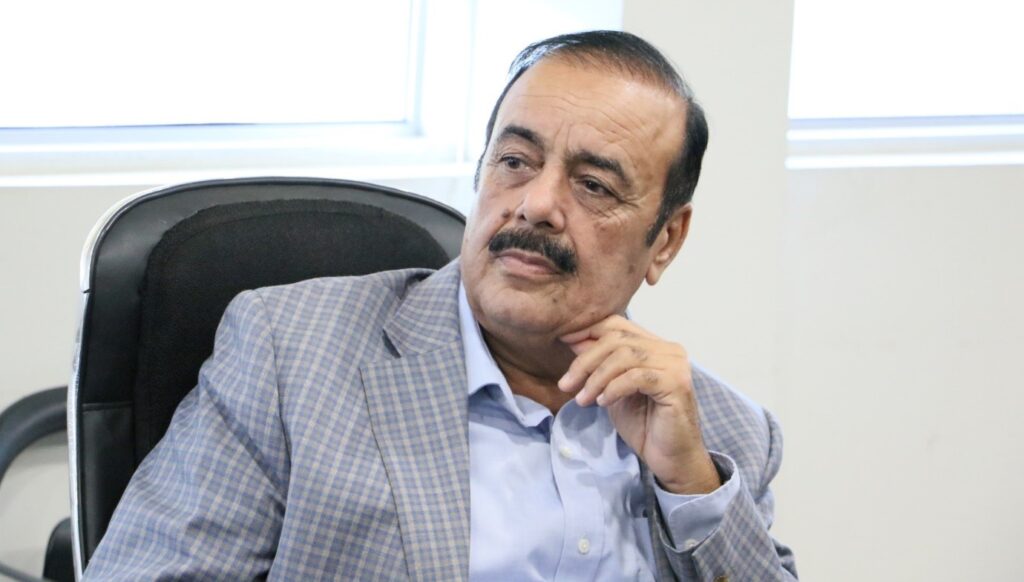
Yaqoob Shaikh added that Afghanistan was once a vital trading partner to Pakistan, but poor policies have led to a decline in relations, to the detriment of both countries. He pointed out that trade and transit between Pakistan and Afghanistan are fraught with daily challenges and stressed the importance of rebuilding these ties through sustained dialogue and people and region-centric policies that can benefit both sides.
The U.S. Withdrawal and its Impact
The recent withdrawal of U.S. troops from Afghanistan has left a power vacuum that both Pakistan and China are now trying to navigate. General Raza Mohammad pointed out that the U.S. exit presents both challenges and opportunities. While the withdrawal created a security gap in the wake of the Taliban’s resurgence, it also opened the door for regional actors to take a more active role in Afghanistan’s stability.
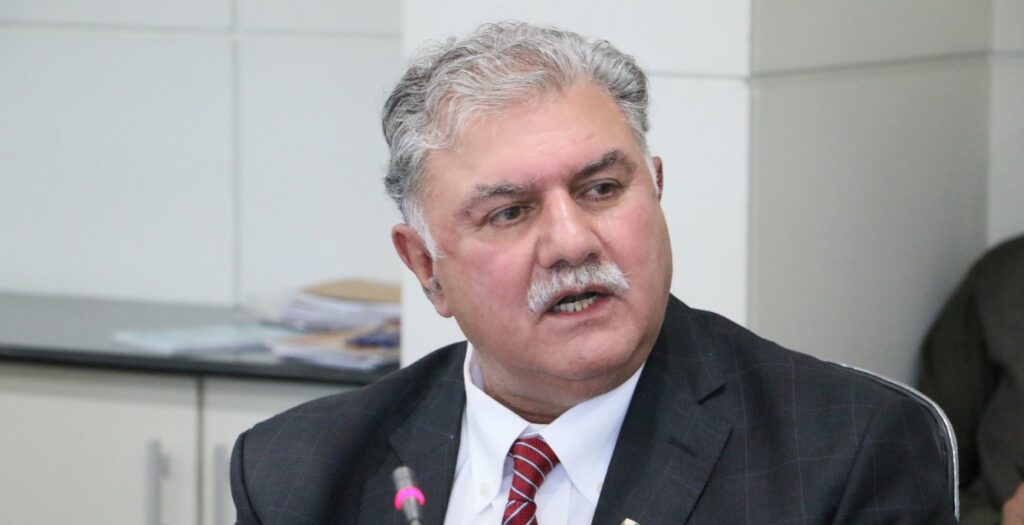
Seconding Raza, General Inam ul Haq shed light on the strategic implications of the U.S. withdrawal, noting that the West’s disengagement from Afghanistan has inadvertently strengthened the position of regional powers like China and Pakistan. Haq argued that this shift could pave the way for a more regionally-driven approach to peace and development, but only if Pakistan and China can work together effectively, while onboarding other regional actors.
He also stated that, so far, Afghanistan’s issues have been viewed through a Western lens, and as a result, sustainable peace and stability could never be achieved in the country. There is a need to view Afghanistan through an “Afghan-centric” lens, he concluded.
Recommendations
- Regional Security Cooperation
Enhanced security cooperation among China, Afghanistan, and Pakistan is essential for tackling terrorism and insurgency threats. Intelligence sharing and joint counterterrorism operations should be prioritized, particularly in border regions where insurgent groups operate freely.
- Economic Integration Through Private Investment
Both Pakistan and Afghanistan should focus on creating investment-friendly environments that attract private sector participation. The governments should incentivize investments in infrastructure, energy, and manufacturing sectors, with a focus on projects that promote regional connectivity and economic growth.
- Inclusive Governance and Human Rights
International and regional actors must encourage Afghanistan to adopt inclusive governance practices that prioritize human rights, education, and gender equality. The international community should offer conditional support to Afghanistan based on tangible progress in these areas.
Conclusion
The roundtable highlighted the potential for collaboration among China, Afghanistan, and Pakistan, but also emphasized the significant challenges that impede meaningful progress. While shared interests in stability, economic growth, and counter-terrorism provide a foundation, the process of achieving these milestones is fraught with challenges. Achieving genuine cooperation will require a critical examination of the region’s cultural and indigenous realities and dynamics, developmental needs, and security concerns. Without sustained, honest engagement and a willingness to confront difficult issues, the region may continue to miss opportunities, leaving the vision of peace and prosperity out of reach.



